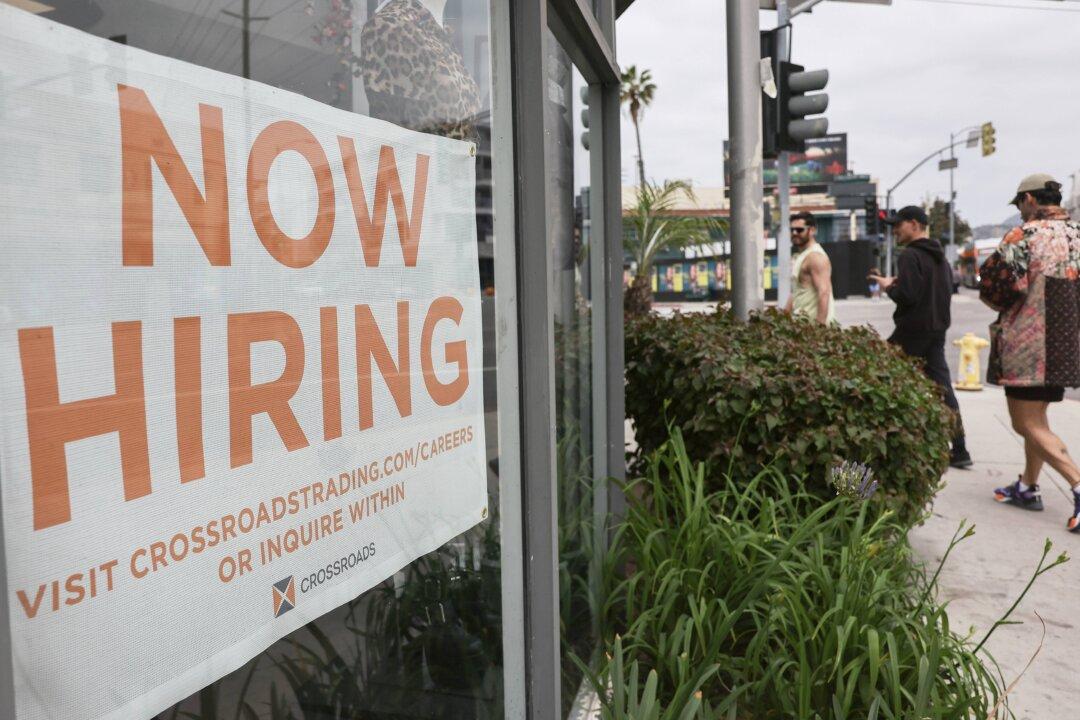Multiple states will see minimum wages rise beginning next year, all of which already have hourly minimum wages higher than the federally mandated rate.
In total, 22 states will see minimum wages jump effective Jan. 1, 2024. Six will have minimum wages of at least $15 per hour: California, Connecticut, Maryland, New Jersey, most parts of New York, and Washington. The highest minimum wage among the states will be in Washington, where employees will receive a minimum of $16.28 per hour, while the lowest is in Minnesota, at $8.85.





